Formation Group Series: Chapter 9
Chapter 9: Love in Public
Christianity found its authority in the ability it has to speak to real problems and pain of a given society. (pg 183)
It makes sense that Pastor Rich ends up here at the end of this book. After all, we are a people, if we have indeed given ourselves to following Jesus, that have experienced Christ’s love, compassion, and forgiveness in our own very real, personal and communal lives. What I mean is, no follower of Jesus follows just because it sounds good, or makes sense, or because we are forced to. True disciples follow Jesus and love God and love others because he has first loved them; true disciples have experienced Christ as good and beautiful and kind. It is Christ’s capacity to love a broken and hurting world (that is you and me) that moves people to follow him. When we grasp this truth, we are moved to practice justice.
I would start to grasp the idea that God was not looking for me to be super-spiritual; he was wanting me to firmly place my feet on the ground and see his heart for the gritty everyday existence I lived in.
This was the teaching of my youth also. To be a Christian was to hope beyond anything else to be freed from this broken world, being rescued, raptured away to heaven. I too had to learn that Jesus’ mission to heal the hurting and save the lost was not over, but was transferred to his Church. It would be me, like a son carrying on the family business, that would extend Christ’s love to those around me. To wish to be removed from the world is to deny God’s fundamental calling - to be his Son and love others and do justice until he returns.
Justice is the right ordering of relationships. It’s an act of organizing life through mutuality and not coercion, humility and not dominance, generosity and not greed, compassion rather than indifference. (pg 189)
Not only is justice something that takes place in our real world, but it must be recognized in the context of our relationships. Theologians have understood that a primary attribute of God is order and sin is what it is because sin creates disorder. So when we think of justice, we must think of it in terms of putting things back in proper order - especially our relationships. This is what Christ has done for us. The work Jesus did on the cross brought justice precisely because it reestablished the relational order between us and God.
You have likely felt, perhaps you are feeling it now, the strife of a broken, disordered relationship. Whether we are feeling them personally or witnessing them in public spaces, we are called to facilitate justice and bring those relationships back into order. We look to Christ to learn how to do it.
When people step into our buildings, homes, and fellowships, they are to be exposed to an otherworldly community - a community not formed by antagonisms but by grace, not gossip but by honor, not by selfishness but by generosity. The church is the best place for justice to be worked out.
My hope is that when people experience Christ-St. Paul’s community, they experience not only a warm and inviting place, but a place of justice and reconciliation; a place characterized by people’s willingness to forgive each other and to fight for unity; a place where goodness and beauty and kindness are freely given because that is what we have received from Jesus.
In each relationship and every situation, may the Holy Spirit lead us to apply the good, the beautiful, and the kind. Amen.
